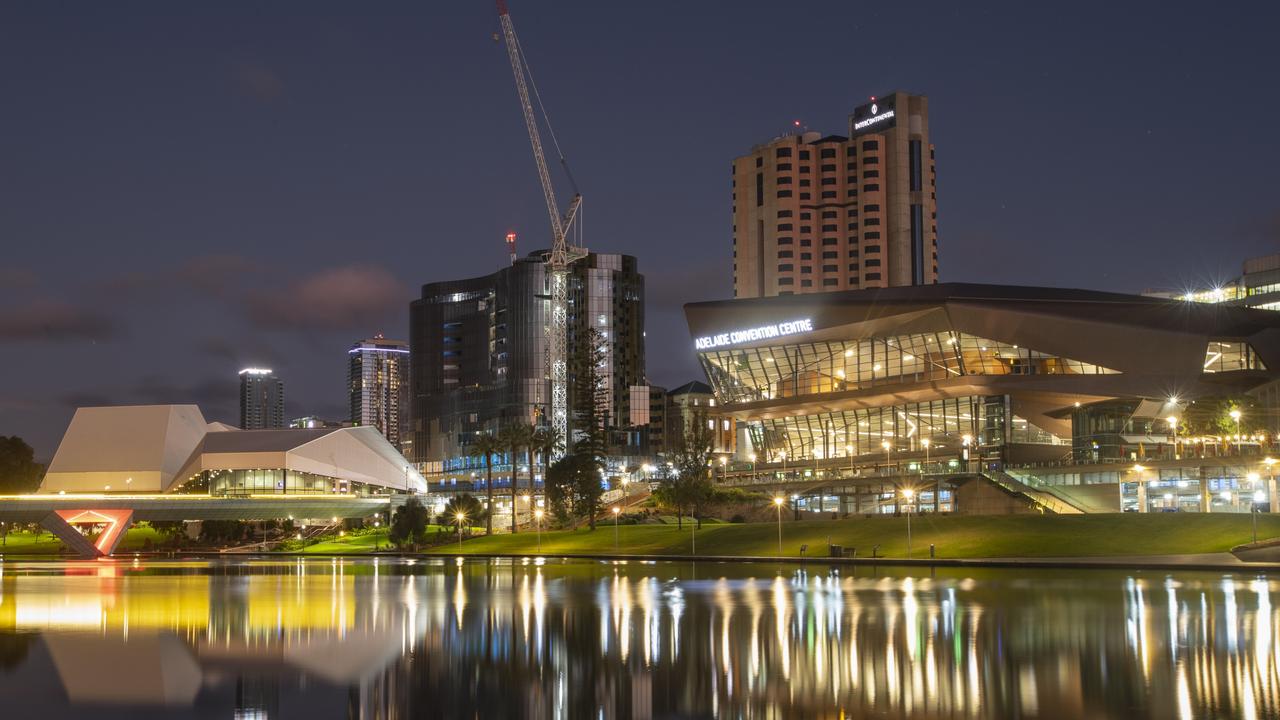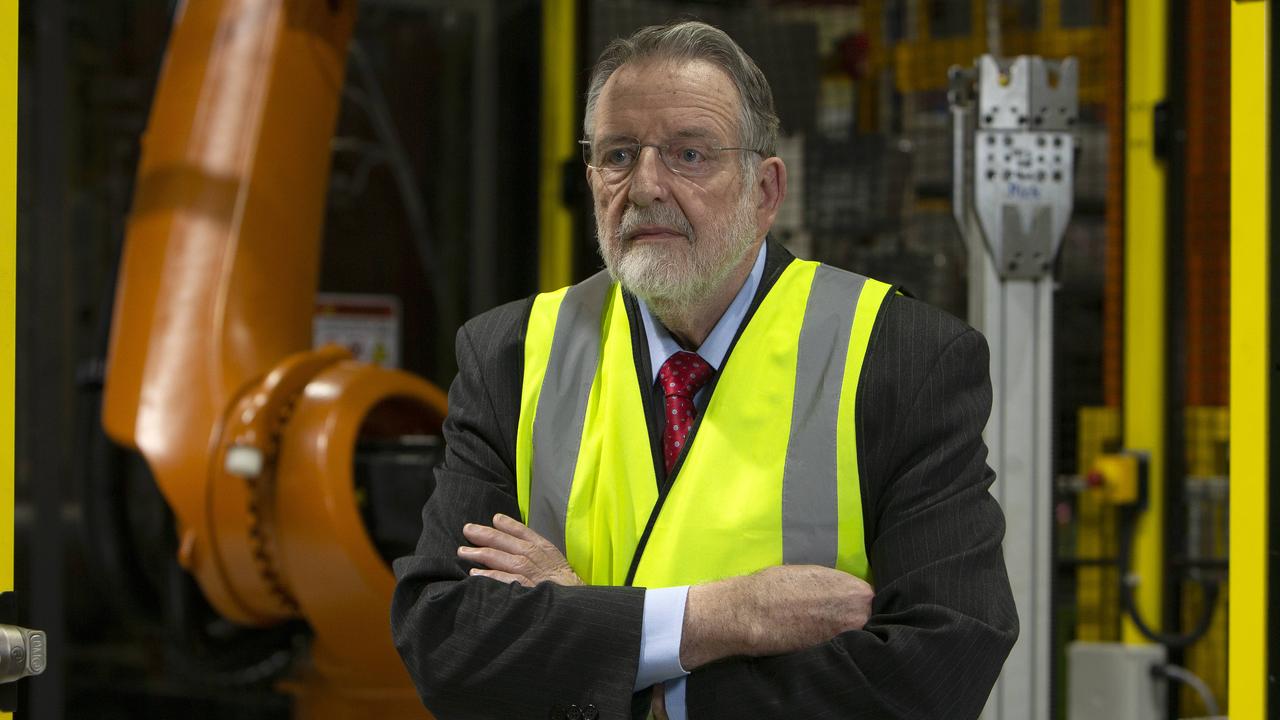Deloitte Access Economics report shows Airbnb guests to Adelaide spend more
AIRBNB guests contributed $38 million to South Australia’s tourism economy in the 2016 financial year, spending more than those staying at traditional accommodation, according to research from Deloitte Access Economics.

SA Business
Don't miss out on the headlines from SA Business. Followed categories will be added to My News.
AIRBNB guests contributed $38 million to South Australia’s tourism economy in the 2016 financial year, spending more than those staying at traditional accommodation, according to research from Deloitte Access Economics.
Survey data shows that Airbnb guests spend more than the average tourist, with Airbnb guests spending $237 per night on average, and general overnight visitors spending $146 per night.
Sectors that benefit include restaurants, cafes and bars, shops, transportation, and entertainment.
On average, most went on food at $64 a day, $41 on shopping, $29 on entertainment, and $25 on transport.
The expenditure supported 407 full-time equivalent jobs, according to the report.
Airbnb is an online platform on which people can list and book accommodation globally.
The Deloitte report into the economic effects of Airbnb found 24,400 SA stays were booked during 2015-16, accommodating 64,100 guests and 109,000 nights.
Deloitte Access Economics director and report co-author Aaron Hill said Airbnb users were driving tourism growth.
“We’ve found that people using the Airbnb service are helping to ... increase competition in the accommodation sector, and benefiting consumers in terms of choice and often price,” he said.
Short-term accommodation on Airbnb can also occur at lower prices than traditional tourist accommodation, which “may also induce price-sensitive consumers who could not otherwise have afforded to travel,” the report states.
Karen Burgess, 49, has used Airbnb to host guests in her two-bedroom CBD cottage for three years.
The property is rented about 60 per cent of the year at around $210 a night during the week and $240 a night on weekends.
“Families love it because it gives them the experience of renting a home away from home,” she said.
“We love it because we get to help people out. We have a lot of communication with our guests to find out where they want to go and what restaurants they want to eat at.”
She said most of her visitors were from overseas, with a “huge amount” from France and Singapore coming to Adelaide for the first time. Interstate travellers often came for conferences, festivals or sporting events, she added.
SA hosts earned a median income of $4390 for the 12-month period.
Outside Adelaide, the top four Airbnb destinations in SA were Robe, Victor Harbor, Mt Gambier and Kingscote. An estimated $5.5 million was added to regional SA economies during the period.
Latest figures from Tourism Research Australia show overnight trips and regional expenditure in SA grew by 8 per cent to $3.9 billion during the year ending March 2017.
Airbnb has an estimated market share of less than 2 per cent across Australia.
In cities such as Barcelona, New York and Amsterdam, Airbnb hosts are regularly penalised for using the service under changes to short-term rentals introduced by governments. Airbnb country manager Sam McDonagh said the report reinforces the State Government’s “common sense decision” to embrace home sharing and its benefits.
“We are spreading the benefits of the tourism boom and helping create jobs in cafes, restaurants and shops,” he said.



